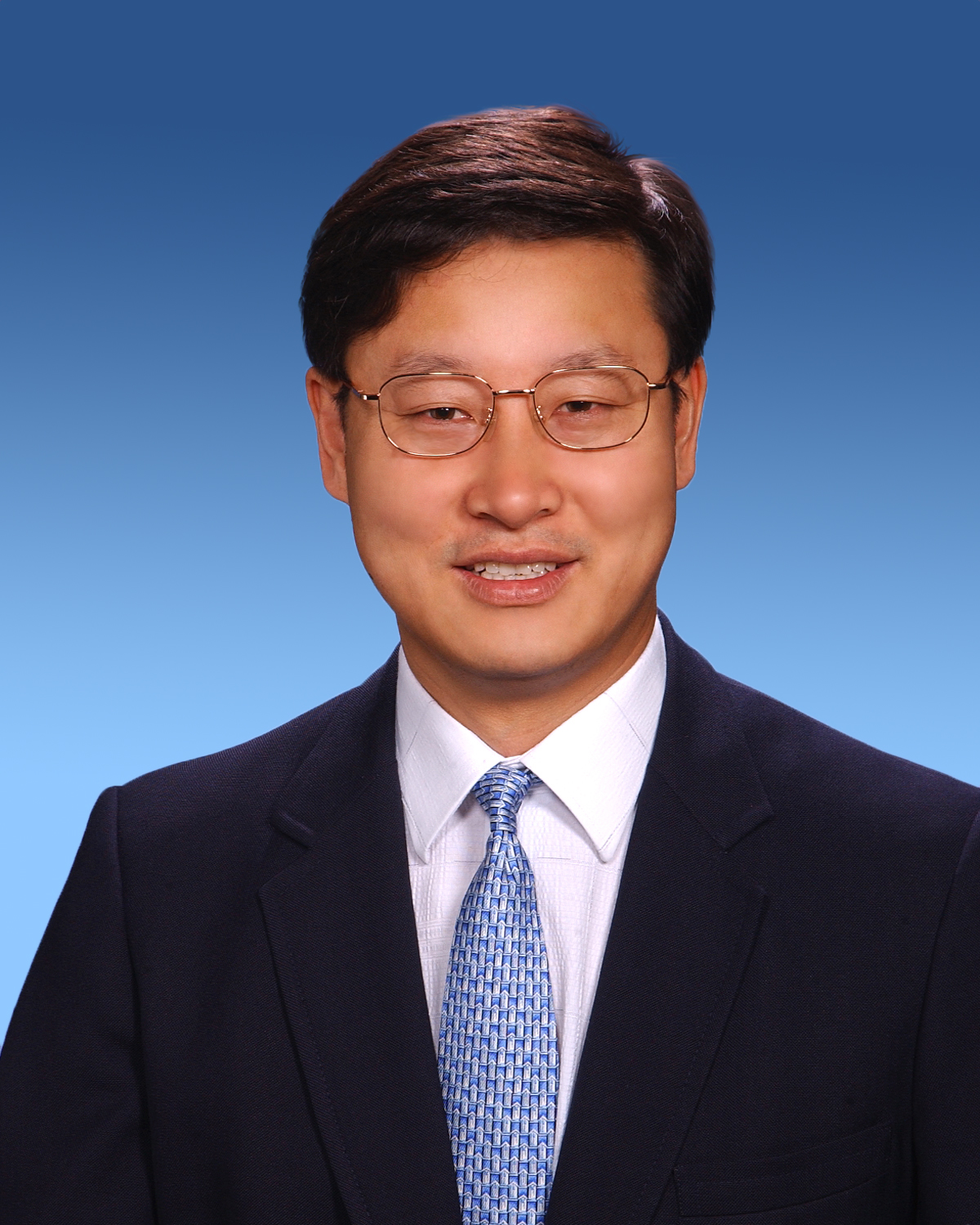Distinguished Scientist Award for Qin

A fascination with dentin has been a constant throughout Dr. Chunlin Qin’s career. For nearly three decades, he’s researched this dense, bony tissue under the enamel that houses pulp — a tooth’s living connective tissues and cells. Over the years, his name has become synonymous with several proteins crucial to dentin’s formation: DMP1, DSPP and FAM20C.
“They are all important, and are all quite abundant in dentin,” says Qin, professor in biomedical sciences. “When I started my career, we didn’t realize this. Gradually we found that if you do not have these proteins, the patients will have dental issues.”
Qin’s studies have proven that DMP1 (dentin matrix protein 1) and DSPP (dentin sialophosphoprotein) are processed into fragments as an essential part of bone and tooth formation. As for the role of FAM20C, Qin discovered that not only is this molecule critical with all four types of mineralized tissues in mammals, it also regulates the body’s phosphate levels, giving it a broad influence across many fields, not just dentistry.
It is for these contributions that Qin was honored June 22 with the Distinguished Scientist Award for Pulp Biology and Regeneration from the International Association for Dental Research (IADR). He was there in person to receive it, as the award was given during the IADR Annual Meeting, this year in Seoul, South Korea. During the session, Qin also assumed presidency of the Mineralized Tissue Group within IADR and was responsible for coordinating its 2017 business meeting and reception.
To say the span of Qin’s professional experience is comprehensive would be an understatement. Trained as both a clinician and researcher, he earned his dental degree in 1983 from Harbin Medical University School of Dentistry in China, followed by three years of training in histopathology and oral and maxillofacial surgery from the same university. After earning a doctorate in oral pathology from the Okayama University Graduate School in Japan, Qin moved to the U.S., where he underwent postdoctoral training at the University of Texas dental school in Houston, later teaching and researching for the school’s endodontics department before joining the faculty at Texas A&M University College of Dentistry in 2006.
“Those experiences in dentistry helped me a lot in research,” Qin explains. “While I was writing grant proposals or manuscripts, it helped make the paper more attractive. I could make the right connections and use the right terminology because I knew how it would be applied in or related to the clinic,” he says.
Qin himself says his research career in the U.S. — 18 years — is not that long. In that time frame he has authored more than 100 peer-reviewed articles, with more than 70 of those on the roles of extracellular matrix proteins in tooth and bone formation. His work has generated more than $5 million in National Institutes of Health funding, and he has given more than 50 invited lectures to the national and international scientific communities.
Back at the college, Qin instructs students at all levels of dental education, teaching biochemistry to dental students, gross anatomy (skull) to dental hygiene students, oral histology to dental and dental hygiene students, and cell and molecular biology to graduate students.